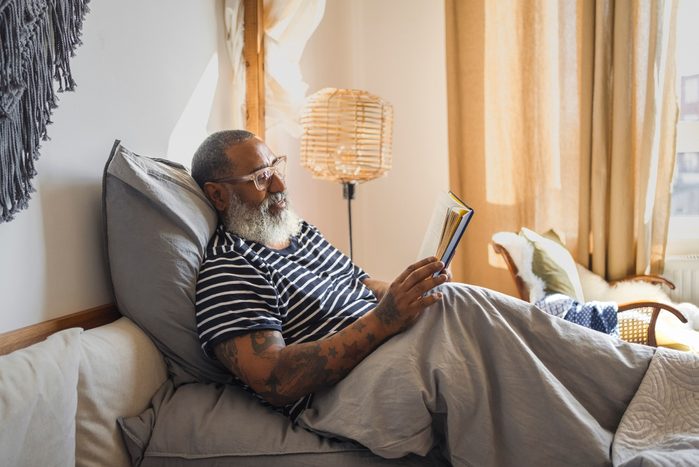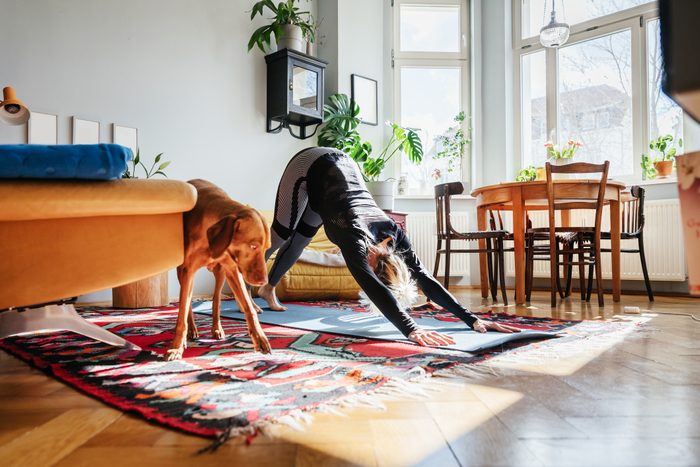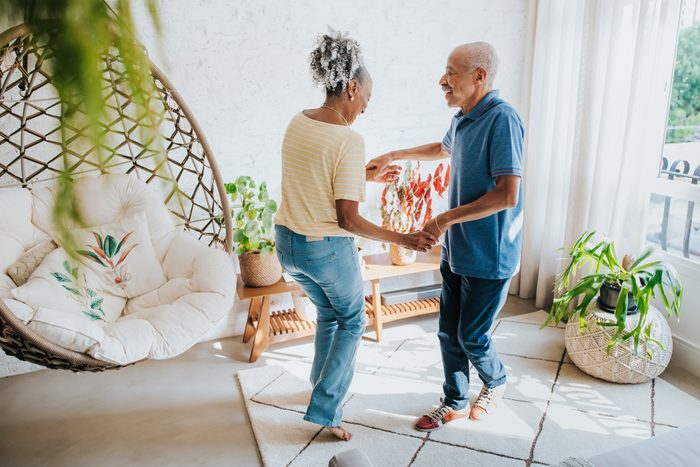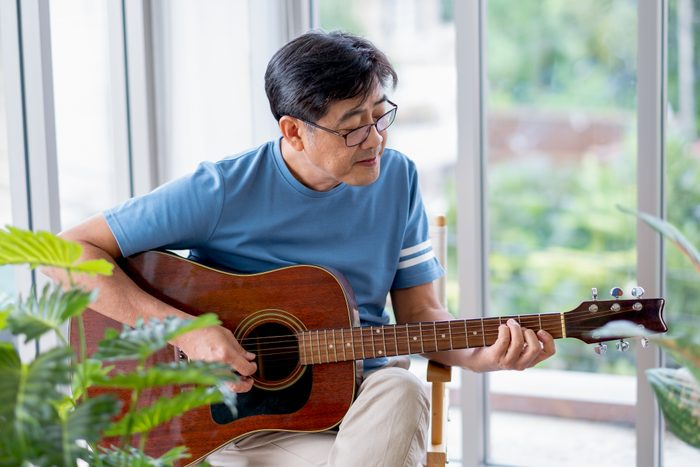
Is it possible to train your brain to maintain agility and memory as we age? More and more, the research suggests that yes—you can.
While there’s no one-size-fits all strategy, small steps like daily engagement in mindfulness and certain activities can add up, says Jessica Zwerling, MD, professor of neurology and director of the Montefiore Hudson Valley Center of Excellence for Alzheimer’s Disease.
Here are memory exercises and other tricks that Dr. Zwerling and some of her brain science colleagues say can serve as “body builders” for the brain.

Read out loud
The simple act of reading out loud may boost your long-term memory, according to a 2017 study in the journal Memory.
In the study, adult participants who read out loud performed better than participants in three comparison groups: people who read silently, people who listened to someone else read, and people who listened to a recording of themselves (although this last one came in second).
The same group of researchers then duplicated the benefit, called the “production effect,” in a group of schoolchildren aged seven to 10 years who were asked to read words then recall them. According to the authors, the audio component of the exercise helped anchor words in long-term memory.
The 16 Most Life-Changing Health & Wellness Books of 2022, Say Therapists and Readers

Repeat, pause, repeat
Spanish philosopher George Santayana once said that repetition is the only form of permanence. Research indicates this is also true when it comes to preserving your memory.
Being exposed to something multiple times helps people retain it, as evidenced by several studies—including one that compared people who viewed pairs of pictures one time against a group who viewed them three times. People in the group with multiple exposures did better remembering after 10 minutes, one day and one week.
Another study showed activity in the hippocampus, a region of the brain important for memory, among people who were exposed to images six times, versus only once. Spacing out the learning experience over hours or longer proves even more effective.

Use a mnemonic device
A mnemonic device is when you invent an acronym or another language trick, like rhyming, to remember something. Our world is full of them. For instance, the BRAT Diet refers to the bland foods you should eat when you have an upset stomach: bananas, rice, applesauce, toast. RICE (rest, ice, compression, elevation) helps medical students know what to do for soft-tissue injuries.
Mnemonics don’t have to be acronyms. You can try rhymes (“Leaflets three; let it be” to help you recognize poison ivy) or images (like a mental picture of child throwing a tantrum with bananas, applesauce, rice and toast in your mind’s eye).

Enlist your “memory palace”
Another type of mnemonic device, known as the “method of loci” or “mental walk,” involves visualizing a physical space, like your home. Then, try placing the information you want to remember sequentially throughout it.
One study illustrated how this can work: medical students visualized the college campus (specifically the cafeteria, the dissection hall and the main entrance). In those locations, they mentally “placed” information they needed to know about diabetes and insulin throughout the cafeteria, dissection hall and the main entrance. These students performed better on an assessment than those who attended a traditional lecture.

Don’t stress about stressing
Not only can stress erode your physical and mental health, so can perceived stress. Dr. Zwerling co-authored a paper with a team of colleagues who found stress to be a risk factor for a form of mild cognitive impairment (MCI). “Perceived stress is a marker for decline and can be affecting [brain] volume loss, which is the storage of memory,” Dr. Zwerling tells us.
Happily, it can be fixed with some of the same strategies that help minimize actual stress: meditation, exercise and yoga, for starters.

Stretch
Physical activity in general is one of the pillars of brain health, as it is for heart and overall health. Interestingly, you may not need to work up a big sweat to benefit.
Results from the ongoing EXERT trial compared people with mild cognitive impairment who stretched, with a group that did aerobic exercise. According to Laurie Ryan, PhD, Chief of Clinical Interventions for the National Institute on Aging (NIA), the outcome was surprising. “Both groups didn’t show a lot of decline, which was a surprise,” she says. “Maybe we don’t need full-on aerobic.”
Not that there’s anything wrong with aerobic exercise or resistance training, both of which also impact brain health.

Dance with others
Emerging research suggests that ballroom dancing and other forms of “social dancing” may bolster executive function, an umbrella term that encompasses planning and reasoning, among other processes.
One study from years back that appeared in the New England Journal of Medicine found that leisure activities—including social dancing, reading, playing board games, and more—was associated with a preventative effect on dementia in a group of people aged 75 and older who were studied over a period of five years.
The study’s lead author, Joe Verghese, MD, founding director of Montefiore-Einstein Center for the Aging Brain, suggests that in order to be effective, the activities typically need to be practiced three to four times a week.
I Tried It: How Trauma-Informed Dance Therapy Helped Me Love My Body Again

Solve a crossword puzzle
You’ve probably heard this before: that a crossword a day may keep dementia at bay. There is some research to support this, most recently a New England Journal of Medicine Evidence study that found that people with mild cognitive impairment (MCI, sometimes a precursor to Alzheimer’s disease), who did computerized crossword puzzles showed less decline than those who engaged in computerized games.
The results were actually surprising as the researchers had expected the computerized games would come out ahead, says Dr. Ryan (whose organization, the NIA, funded the research). No one knows why this was the outcome but, “if the results hold up in future studies, this could be significant,” Dr. Ryan says.
One caveat from Dr. Zwerling: if you don’t love crosswords don’t force yourself. Research in 2020 showed that playing the tile game, mahjong, may also help.

Learn something new
This could be a new language, a musical instrument, chess. “Mental activities done on a regular basis have several features,” explains Dr. Verghese. “These activities are challenging, so they really engage different brain processes, in general more than one: memory, attention.”
Almost of all of them have progressive levels from simple to complex allowing you to keep challenging yourself. “I tell patients to pick activities that you enjoy so you will do them regularly,” Dr. Verghese says. “If you find you do a crossword puzzle quickly, find a harder one.”
For your daily dose of wellness, get The Healthy @Reader’s Digest newsletter. Follow The Healthy on Facebook, Instagram, and Twitter. Keep reading:
